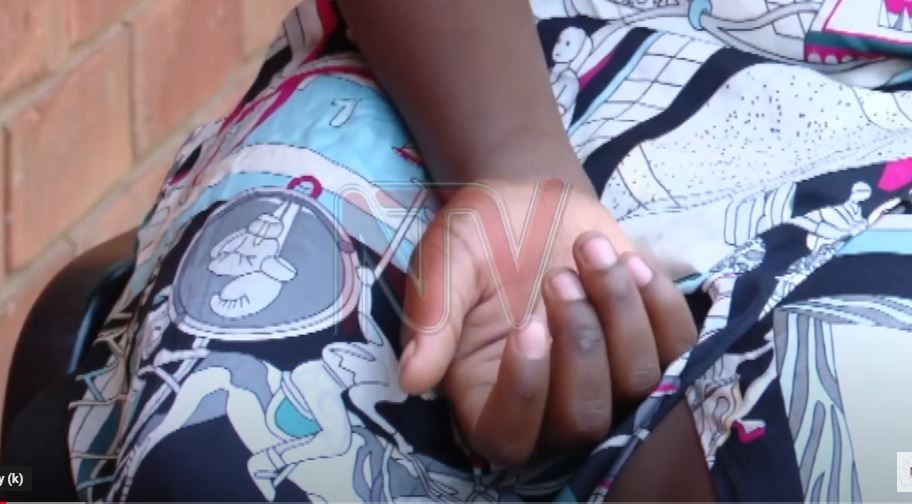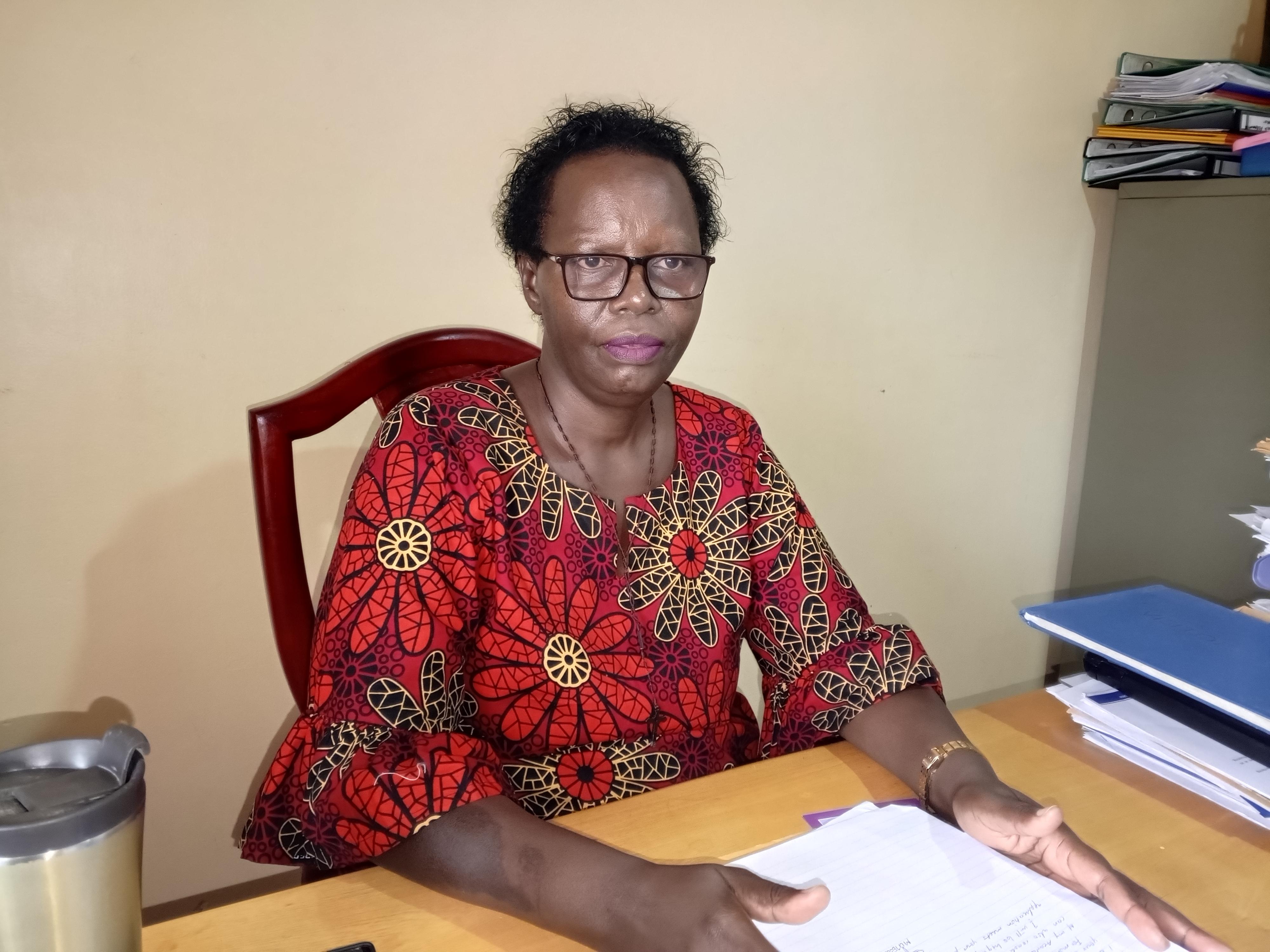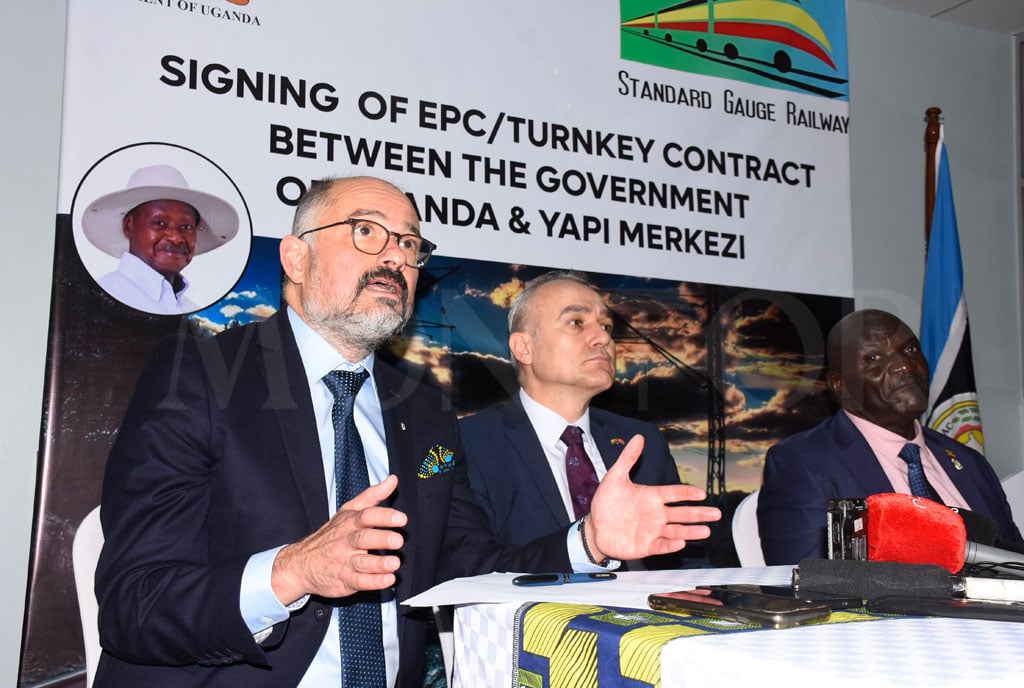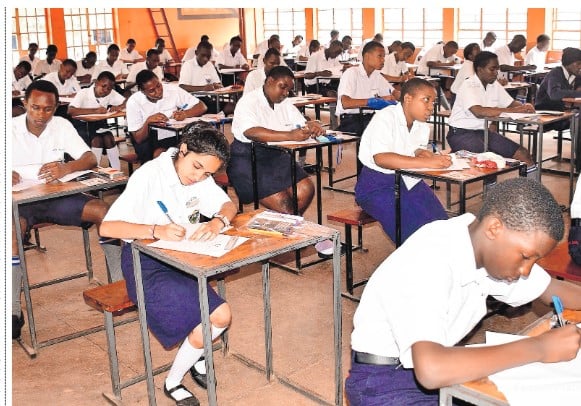A girl’s unpredictable journey to adulthood

What you need to know:
- Today, Uganda joins the world in commemorating the International Day of the Girl Child. There are a number of hurdles facing children, especially girls, in Uganda, such as violence, defilement, and denial of their basic rights. As Gillian Nantume writes, the girl child needs to be held and walked with in her journey to reaching her potential.
Last year, when Sarah Mirembe’s* father asked if she had started elongating her labia, the 16-year-old girl was dumbfounded. It was the last question the young girl expected from her father, especially a few weeks after her mother had died.
“I told him I had done so. He demanded to inspect me so that he could confirm that it was true. I refused, telling him that he was a man, and my father, therefore he could not see my nakedness,” she says.
That night, after supper, Mirembe’s father – a devoutly religious man who does not take alcohol or use drugs – called her to the side of the house, forcefully undressed her, and carried out his inspection.
“I was shocked. I felt so bad. That night, I kept asking myself why my father would do such a thing to me. In the morning, he sent away my siblings and called me to his bedroom. He said he had herbs that would help me elongate my labia further,” the Senior Two student says.
Her father demanded that she uses the herbs in his presence. When she declined, he pulled a panga (machete) from under his bed and threatened her.
“That day, he defiled me. It was the first of many episodes that were later to occur during the course of one year. When I told him I was going to the police, he lifted the panga again. After defiling me, he brewed a concoction of pawpaw roots and tealeaves and instructed me to drink it,” Mirembe says.
Peer-reviewed studies have shown that the seeds, leaves, stems, and roots of pawpaws have antifertility, anti-implantation and abortifacient effects. Hence, it can be used as a contraceptive agent.
Besides violating her every chance he got, Mirembe says her father regularly beat her for actual and perceived offenses.
“I got pregnant and because of the beatings, I had a miscarriage. The second time I got pregnant, he took me to a clinic and gave the nurse money to help me abort. In one year, I got pregnant seven times, and aborted seven times,” Mirembe says.
She says she confided in her younger sister, who did not believe that their father could do such a thing. Eventually, Mirembe got the courage to narrate her ordeal to her neighbour. The man was arrested and Mirembe was taken to a gender-based violence (GBV) shelter.
By the time she was rescued last month, Mirembe was three months pregnant with her father’s child.
The challenges
A number of girls in Uganda face the same challenges that Mirembe was going through. Records from the Uganda Prisons service show that for the last seven years, defilement tops convictions for men. As of March 2024, 14,681 men had been incarcerated for crimes related to defilement. Of these, 7,405 were convicted for aggravated defilement, while 4,942 were on remand for aggravated defilement.
Most victims have been defiled by people they know. Police statistics for July and August 2024 indicate that 187 victims were defiled by parents and guardians, while 148 were defiled by teachers. 383 were defiled by people suffering from HIV while 131 of the victims were children have disabilities.
Today, as Uganda joins the rest of the world to commemorate the International Day of the Girl Child, under the theme: Girls’ vision for the future, it is clear that they are disproportionality affected by poverty and gender inequality, which restricts their choices and limits their futures.
Florence Masulya, the executive director of Tusitukirewamu Group, that for the last 24 years, has been raising awareness against, and helping the victims, of GBV, calls on the government to raise awareness in the community to equip them with the skills confront abuse when they see it.
“Most of the girls who come to our shelter in Bwaise are victims of incest, with their fathers, uncles, and grandfathers being the perpetuators. In a week, we receive three girls, but during the peak months of October to December and January to March, three to five girls walk in every day,” she says.
The shelter can only accommodate 15 girls at a go, but sometimes the numbers surge to 30 and the organisation has to borrow mattresses to accommodate them.
“You cannot chase away an abused child who had no where to stay. We shelter these girls, help them go to court, offer psychosocial support and resettle them. We also have a program where there are taught them tailoring, soap making, and how to cook snacks to equip them with skills to cope with life after leaving the shelter,” Masulya says.
However, the hindrances against girls attaining their full potential are much bigger than defilement.
Esther Adeke Tumusiime, a child protection officer with the Child and Family Protection Department of the Uganda Police, says culture and religion are some affect the perception of who a girl child is and what her responsibilities in the home are.
“When you look at a girl, what do you see in her? Cows, a menial worker digging in a garden, a businesswoman or an executive director of an organisation? Our cultural perceptions are a huge hindrance to girls attaining their potential. This also affects police officers when it comes to protecting and helping a girl child,” she says.
Adeke adds that by the age of 14, some parents think their daughters are ready for marriage and as such, should not waste their time going to school.
“There are some none developmental practices in our religions that should be done away with. Why would someone give away his or her young child in marriage? Sometimes, it is even the parents’ behaviour towards their daughter. Even if money is scarce, a girl needs sanitary pads. She cannot skip school when she is menstruating and lose out on her education,” she says.
Adeke admits that the country is not scoring highly when it comes to preventing violence against children. However, in May 2020, the police established a 24-hour GBV toll-free helpline, 0800199195.
“The line if manned by officers who have been training in child protection. Victims and survivors can call in to report cases. We have rescued victims and arrested perpetuators,” Adeke explains.
Children have a right to food, education, clothing, and a safe place to live as enshrined in a number of laws, which include the Convention of the Rights of Children. Domestically, these rights are upheld in the 1995 Consittuion of the Republic of Uganda as amended, the Children (Amendment) Act 2016, the Prevention of Female Genital Mutilation Act 2010, and the Trafficking in Person Act 2009, among others.
“These rights come with responsibilities. Sometimes, parents want their children to act like adults and pile them with work. However, even with the responsibilities, they should not forget that children have a right to play and socialise. In the local council system, the vice chairman is responsible for children affairs, although admittedly, they need to be empowered,” Adeke explains.
How girls can attain their potential
Sheila Kasabiiti, the programs manager of Reach A Hand Uganda, calls on parents and the community to be intentional in guiding children towards their futures.
“Communities are nurturers of our children. When we fall back on our responsibility, we are widening a gap that has been created by societal norms and poverty. Parents should strive to engage with their children, listen to their hopes and aspirations, and guide them,” she says.
Besides parents, the government has embedded social workers in the community but members do not know how to identify them.
“We appreciate what the government is doing and we are cognisant of the laws in place. However, there is limited awareness of them. There are gaps in the linkage between civil society organisations and government bodies. Some police posts lack female officers to receive victims of abuse. Some do not have safe spaces for these girls and they end up sharing the same room (jail) with their abusers,” Kasabiiti says.
She adds that Reach A Hand has safe spaces and skilling spaces where girls can access relevant services, including contraceptive services.
“One of the things we are pushing for is the Sexuality Education Framework to create more awareness at a uniform level so that girls in rural and urban settings can understand the information. When you educate a girl, you build a nation because she will pass on all the information to the next generation,” Kasabiiti explains.
Girls cannot realise their vision and potential on their own. They need allies, who listen to, and respond to, their needs, such as the government. Rogers Golooba, a senior probation and welfare officer with the Ministry of Gender, Labour and Social Development, says the government has planned a number of advocacy actives to alleviate the hurdles facing the girl child.
“We know that violence is rooted in our communities, so we are building the capacities of our probation officers to increase reporting of cases of abuse. We are also working with cultural leaders to address harmful norms,” he says.
Golooba adds that providing an enabling environment to support the girl child starts with parents and guardians.
“It starts with parents making a decision on the number of children they want, and then, providing education for them. The government has provided the infrastructure needed for girls to progress in life, and this includes schools – both normal and special needs – and reading and learning aids. Children also have a responsibility to remain in school,” he says.
The government, though the Ministry of Education and Sports, is implementing the Life Skills Rollout Toolkit to expand, re-think and transform education and the learning system in Uganda to provide children and adolescents with quality learning opportunities and information to navigate the challenges they face in life.
Mirembe, like other girls who are emerging from abusive situations, has faced her challenges headon and decided that she would like to go back to school.
“Previously, I had wanted to be a nurse. Now, after I give birth, I have decided that I want to be a lawyer so that I can help other girls who will go through what I have gone through,” she says.
With the right support, resources, and opportunities, the potential of millions of girls in our communities is limitless. It is time to listen to them, and invest in proven solutions to support them.
*Names changed to protect the identity of the source.





